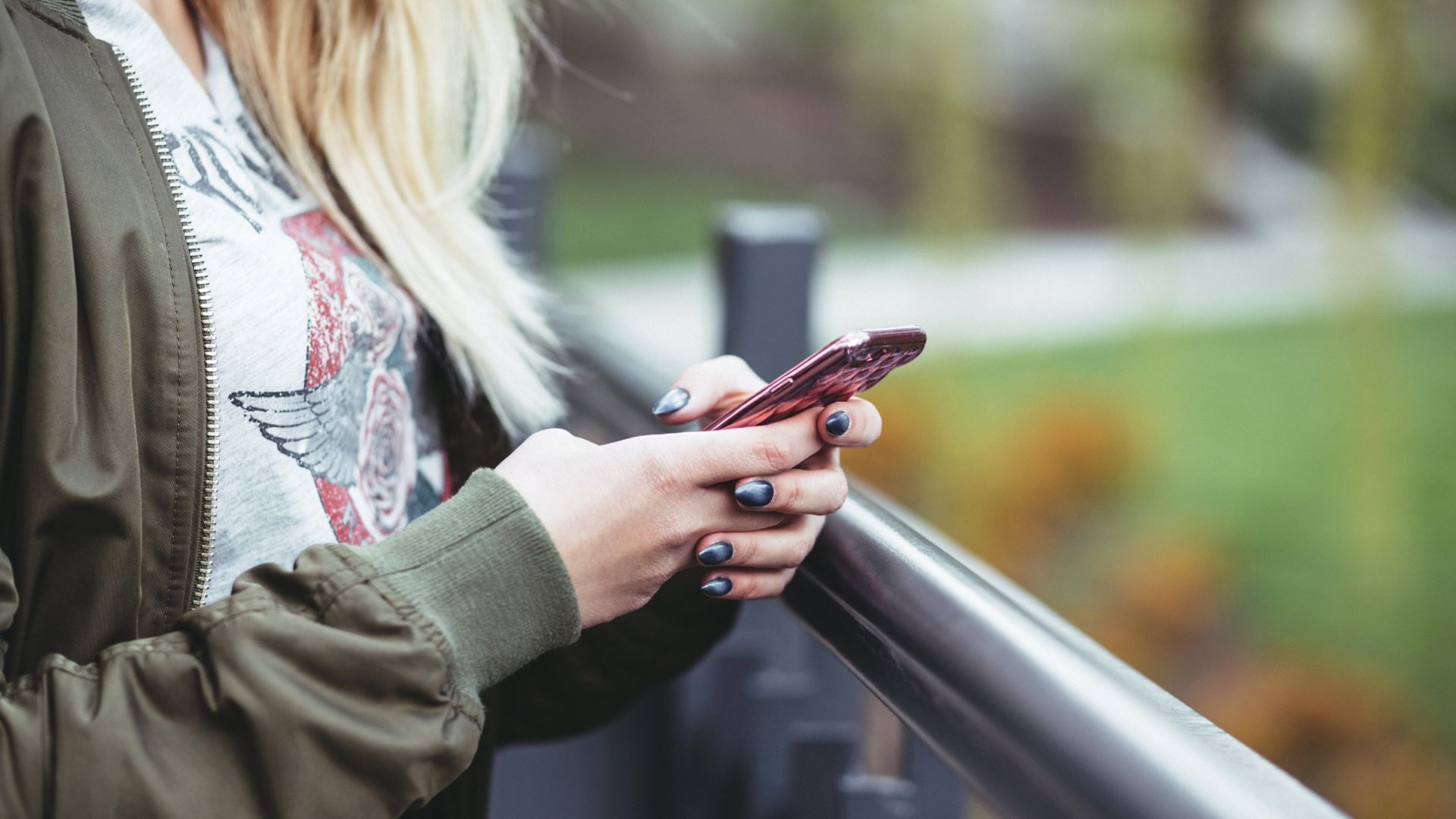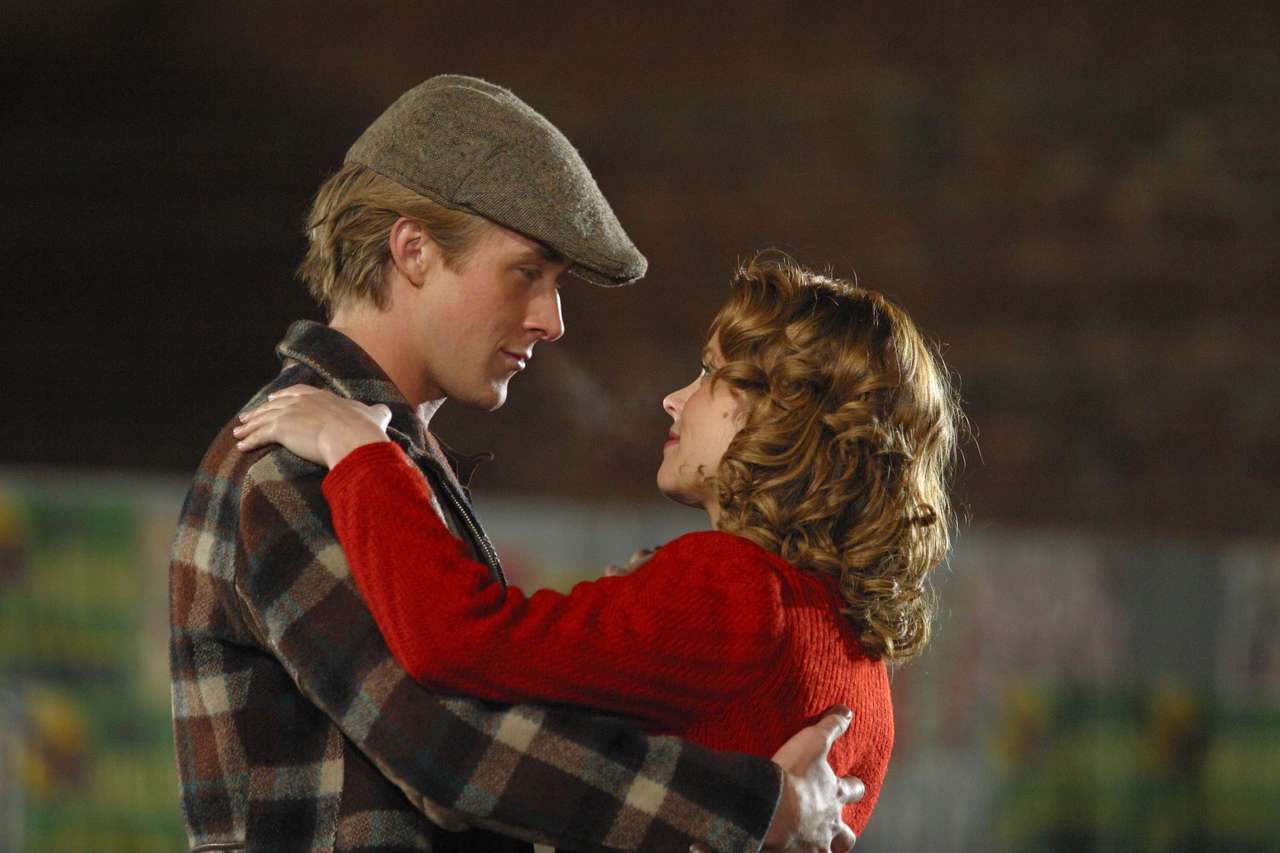A year ago I stopped taking the pill I had been taking continuously for thirteen years. Not in the hope of getting pregnant, but rather to put an end to certain disturbing symptoms: I thought I still had time to ask myself the question of motherhood.
When I decided to donate my eggs, I learned about my infertility. I found myself headlong experiencing an early premenopause, and all the physical and psychological upheavals that this represents. 2022 will forever be a turning point in my life.
Because I have decided to donate my eggs
The year started with a project that is close to my heart: donating my eggs to sponsor a friend and her husband, then on the waiting list for an egg donation. She became sterile due to the treatments she received to fight leukemia. By donating my eggs, I don’t give my gametes directly to her (gamete donation remains anonymous), but this sponsorship, which is called interrelational donation, is a way to get my friend back on the waiting list and thus to help him.
But nothing ever goes as planned, I learned that the hard way.
In March 2022, I went to the nearest Center for the Study and Preservation of Oocytes and Human Sperm (CECOS) to do tests to find out the status of my ovarian reserve. In the waiting room I meet the gaze of the patients and I feel tiredness, sadness, but also a certain courage. I watch them without imagining for a single second that my boyfriend and I will be in their place in a few weeks.
At the time of the endovaginal ultrasound, the gynecologist is a little disappointed. She tells me I have fewer follicles than they expected and that the hormonal blood test will be decisive. I reassure myself by repeating it to myself anyway “We are fertile in the family”phrase that I have heard many times in my mother’s mouth.
However, my world collapses when, on March 15th, the CECOS number appears on my phone. I can’t answer right away, but I see that the gynecologist insists and leaves me a voice message. Something tells me that’s not a good sign.

I end up reaching her and I get a tsunami in my face. She utters words that I don’t understand and that I don’t assimilate. She explains it to me my ovarian reserve is low, my ovaries are tired and I am a 46 year old woman who needs a blood test to detect a potential genetic disease and further tests are needed. He ends up saying this sentence that I will never forget: “As it stands, we don’t accept you as a donor because you are the one who will need help now.”
Diagnosis of premature ovarian failure
Immediately I think of my friend that I will not be able to help and I call her right away. At that moment I still had a little hope, the gynecologist told me about a possible preservation of the oocytes based on the results of the tests. Egg storage was fine for me as we did not want a child immediately with my partner.
From there, I found myself tossed from waiting room to waiting room with different speeches. Until the day I received my blood tests which illustrated the holy hormonal mess that I was facing. It’s simple, all the hormones that should be high were low and the ones that should be low blew up the scores.
A counting ultrasound followed which showed that my egg stock was nearly empty. I was diagnosed with early ovarian failure (POF). Obviously I had never heard of it before. At the same time, only 1% of women have IOP before their 40th birthday.
I quickly realized that it was no longer a question of preserving the oocytes. There was hardly anything left to stimulate and besides being sterile, I was 2 or 3 years old after menopause. A natural pregnancy would be a miracle. IVF is not an option for me because my ovaries would ignore the stimulation.
So I have to sign up for egg donation waiting lists, I wanted to be a donor. This change of status is brutal, I am invited to take the last step of the PMA without going through the starting point. They explain to me that I no longer belong to the beautiful world of people who draw under the duvet and that I don’t even have an entrance ticket to PMAland.
But if there was only infertility to deal with, I think I’d be strong enough to accept it. This is where I discovered that POI is a special form of infertility. It is also a physical state that we have to deal with.
Experiencing premenopausal symptoms at age 33
Prior to this story, I had stopped taking the pill on the advice of my midwife, who was the first to suspect a hormonal imbalance when she felt my breasts. After this stop, I had severe migraines and a violent PMS. I blamed the pill as my body got rid of all that chemistry.
When the IOP was announced, it took me some time to make the connection between these symptoms and the side effects of premenopause, this period that normally reaches around 47 years and which corresponds to the years before the confirmed menopause, that is the total absence. of rules.
Menopause, this word that seemed distant and vague to me has become familiar. Everything I had heard from women who were my mother’s age, now I am living it. First of all, hot flashes. These famous hot flashes that sometimes make you smile when a woman has them. We all have the image of the woman with heatstroke waving her hands to cool off and we are about to say “Is it menopause or what?” “. This representation that I thought I was living in 15 years is now my reality.
But the most annoying are the other symptoms that add to the list: joint and inflammatory pains, osteoarthritis, mood swings, hair loss, swelling, fatigue, more painful and heavy periods, etc. And the last one that surprises doctors: a nice start of cataracts. Yes, you might as well get the whole “old lady” package!
The impact of the IOP on my profession
I find myself composing with “my new friends” and integrating them into the daily life of a 33-year-old self-employed worker. Every day is a struggle not to let my fatigue, pain or mood disorders manifest to my clients and the people I meet in my professional life. I don’t want to let go of these symptoms because I have no choice, being a freelancer I have to continue to develop my company, otherwise there is no salary at the end of the month.
The hardest thing remains this feeling of isolation and downgrading. With whom to talk about all this? Or I speak with my friends give birth one after the other and that they are anything but all that, or with whom I have tea my mother and her friends. There is no choice but to live with it!
My conditioning (and that of women) in society
Whether in the family, educational or cultural spheres, I grew up with the information that a single unprotected relationship could cause a pregnancy. So, it requires a lot of effort on the part of my brain to assimilate the fact that I no longer take any “risk” by having sex without contraception.
I, like other women of my generation, have been conditioned to pay attention to our contraception, to renew it at each visit to the gynecologist. Ultimately it is the only thing with STDs that we have been taught. But why has someone explained to us how the female cycle works? How to detect ovulation by observing vaginal discharge? How do ovulation tests work? What are the diseases that prevent fertility? What is an abortion? I mean, I could go on for this long. Neither the sex ed classes in college, nor the doctors, nor the prime-time media explained this to me. We had to wait for the advent of social networks and blogs to have access to information without taboos.
When I started researching menopausal mood disorders, I came across articles that targeted married 50-year-old women and moms. Quite often, the mood swings were attributed to the departure of children from the house. As if canceling the role of mother was the only valid cause of this psychic and physical disturbance. A bit simplistic, right? I realized that this period of life that my mother and other women of her generation went through must not have been easy to manage.
I often think of the women of my grandmother’s generation who had to experience all this in secrecy and silence. I can only be happy to belong to a generation that speaks and lifts the veil on reality. So today I share my story so that I can raise awareness about egg donation, infertility and POI.
Photo credit: Bruno Van der Kraan / Unsplash
To testify about Madmoizelle, write to us at:
[email protected]
We can’t wait to read you!
Source: Madmoizelle
Ashley Root is an author and celebrity journalist who writes for The Fashion Vibes. With a keen eye for all things celebrity, Ashley is always up-to-date on the latest gossip and trends in the world of entertainment.




